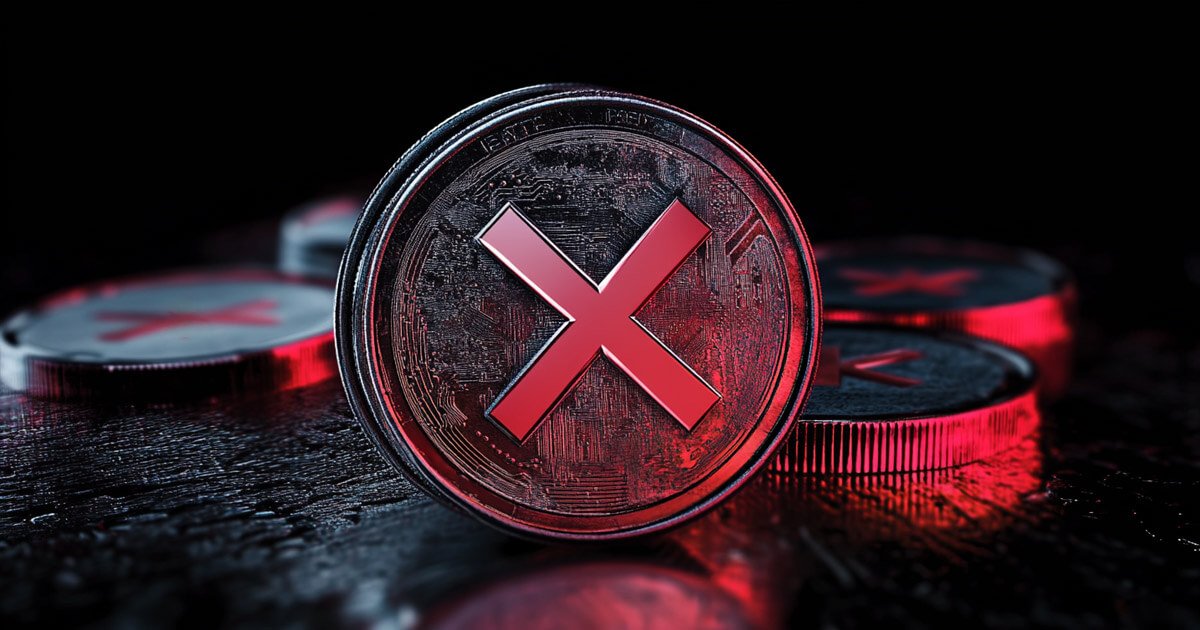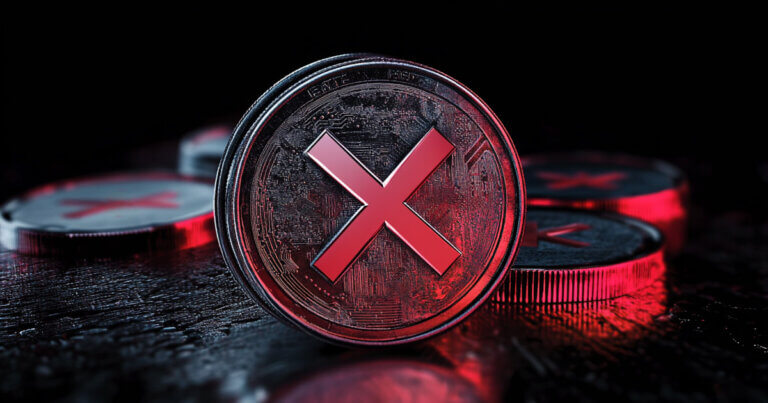XBorg launched as a spin-off from SwissBorg in 2022, is focused on revolutionizing the gaming industry through a player identity protocol that enhances online experiences by enabling data ownership.
In this interview, Head of Growth & Marketing at XBorg, Connor Kirsten, delves into the challenges surrounding token launches in 2024, attributing poor performance to market saturation and the detrimental impact of overhyped projects. He highlights how high valuations with low circulating supplies deter new buyers, leading to prolonged sell pressure and gradual price declines.
Kirsten critiques the role of centralized exchanges and market makers, arguing that stringent listing requirements and disproportionate control over token supply exacerbate sell pressure and undermine community confidence. He proposes a more sustainable approach to token launches, advocating for lower valuations and reduced vesting periods to attract committed investors and foster long-term growth.
The unique strategy with the XBG token, launched in August 2024, rejects traditional centralized exchange routes in favor of a fully on-chain launch with 100% investor unlocks—a move designed to empower the community and reduce future sell pressure. XBorg believes that if successful, this approach could set a new trend in token launches, providing projects with additional options to align with their communities and strengthen fundamentals.
Following the launch, XBG fell from $0.15 to $0.05 before recovering to around $0.08. Luis Regis, CEO of Xborg, commented how only 13% of sold tokens following the TGE,
“We are crunching the data on XBG’s TGE. One word: Amazed. Only 13% of community seed investors sold. There is one thing for sure, our community is damn strong.”
Interview with Connor Kirsten, XBorg Head of Growth & Marketing
Can you provide us with a brief background on XBorg?
We launched in 2022 as a spin-off company from SwissBorg and are building a player identity protocol to drive the evolution of online experiences. We aim to revolutionize the gaming industry by allowing players to own and use their data to unlock a more personalized internet.
Why do you think the majority of 2024 token launches have performed poorly?
There are many more tokens to choose from in 2024 than in 2021, but not necessarily more capital. This means it is increasingly difficult to gain attention and attract capital as a new token. Another reason token launches in 2024 have performed poorly could be that a few overhyped projects launched early in the year after massive SocialFi campaigns. These campaigns would gain a lot of attention and airdrop a considerable amount of the token supply to farmers who would typically exit on launch, hurting the token price.
Is the low-float high-FDV meta deterring new buyers?
New tokens have been launching at high valuations with low circulating supplies. This means these tokens have many years of token unlocks ahead of them, potentially deterring new buyers from acquiring new tokens. As a result, most new tokens face sell pressure at launch, coupled with small bursts of sell pressure at each unlock. Without marginal buyers, these tokens slowly bleed to zero, discouraging investors from buying new tokens.
Are the requirements to list on top CEXs hurting the industry?
We believe so. Too many tokens wanted to launch in the first quarter of 2024, which skewed the power dynamics between the leading centralized exchanges and upcoming projects. This resulted in unrealistic requirements and teams willing to do nearly anything to get listed on the top exchanges. Mostly, this hurt their community, early investors, or treasury at the expense of a big listing, which in turn negatively affected the overall space.
Do market makers and CEXs add unnecessary sell pressure?
When listing on the top centralized exchanges, projects are usually asked to do an IDO at a significantly lower valuation than their listing price, usually 10x lower. These IDO tokens are fully unlocked at launch. Furthermore, exchanges and market makers ask for a % of a project’s token supply for themselves. However, they require projects to have a 5% or less launch circulating supply. Therefore, most tokens circulating at launch are held by market makers, exchanges, and IDO participants. The project’s community gets only a tiny unlock and has been negatively affected in most 2024 token launches.
Are memecoins a good case study for utility/infra projects?
When anything has as much success as memecoins have had, there must be some learnings to take away. Memecoins have shown that launching with a high circulating supply, no future token unlocks, and a strong community is a recipe for success. If utility projects can add strong fundamentals to this mixture, the sky is the limit.
Are there more sustainable ways to launch a token?
We believe lowering the valuation and decreasing vesting is much healthier for a token in the medium to long term. It allows nonbelievers to sell early and new buyers to position themselves without fearing a long unlock schedule. It also allows the token to grow in price as the project grows and brings more utility to the token.
Why is XBorg’s approach unique?
Our approach is particularly unique in a few ways. Firstly, we suggested an innovative launch strategy to our community, and they decided on it through a vote. Furthermore, it is not common for larger projects to go against the industry trends and try something new. Rejecting the centralized exchange route and launching on-chain with full investor unlocks is entirely foreign for new token launches these days.
Why involve the community in launch strategy decision-making?
One of the XBG token’s utilities is governance. We’ve hosted fifteen XBorg Improvement Proposals thus far, all deciding on major ecosystem decisions. We actively build XBorg with our holders and think they should make decisions on topics that concern their investment.
You launched XBG on the 19th of August. How do you feel about the performance thus far?
It’s still too early to say. We had a lot of sell pressure on Day 1, which was understandable given the 100% investor unlocks. The price then rebounded sharply as new buyers sniped XBG at great prices, and now it is pretty stable around the $65 million FDV and $14 million market cap mark. Presale investors are down 20-30% at current prices, so we are unhappy with that and will work hard to do right by them. Having minimal future unlocks, and a high circulating supply gives us a huge competitive advantage against other new tokens, so we’re confident we can build strong momentum from here.
Do you think this could become a new meta for token launches?
If XBG performs well over the next few months, I think more projects will try this strategy. However, to unlock the investor tokens, they’d need to be confident in the strength of their community and their fundamentals. We hope to be a strong example of success for this strategy in the future. I think projects need additional launch options these days.
What should someone who is interested in this strategy, XBG or XBorg do?
Reach out to us on X or Discord. We’d be more than happy to give insights and advice on what went well or could’ve gone better. If you’re interested in XBG or XBorg, then do your own research, check out our website, socials, and lite paper to learn more, and join our community. We’re on the lookout for people who want to innovate and contribute to a purpose bigger than ourselves.



